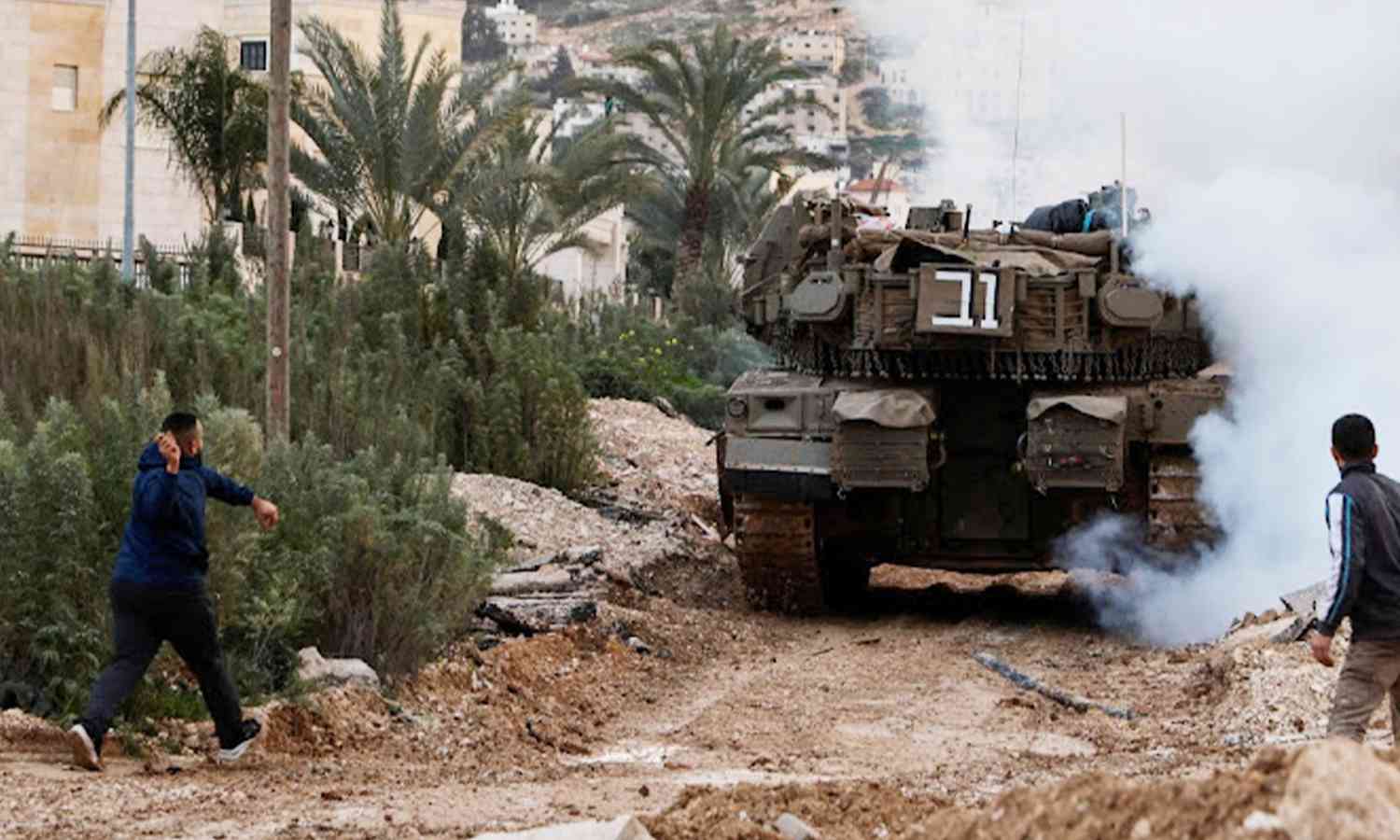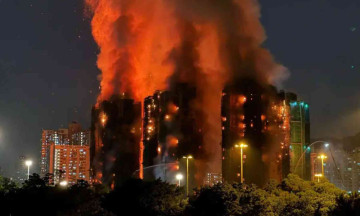Israeli Tanks Enter West Bank for First Time in Decades
Israeli tanks entered the occupied West Bank on Sunday for the first time in more than 20 years, marking a significant escalation in Israel’s military operations. Palestinian officials condemned the incursion as a “dangerous escalation,” while Israel’s defence minister indicated that troops would maintain a long-term presence, preventing tens of thousands of displaced Palestinians from returning to their homes.
The tanks advanced into the West Bank on 23rd February, a move Palestinian authorities described as an act of aggression. Defence Minister Israel Katz stated that Israeli forces would remain in parts of the territory for at least a year, barring many displaced Palestinians from returning. Journalists observed several tanks moving along unpaved tracks into Jenin, a long-standing centre of Palestinian resistance.
Israel has intensified its crackdown on the occupied territory, claiming it aims to eliminate militant activity amid a rise in attacks. The offensive in the northern West Bank began on 21st January, two days after the latest ceasefire in Gaza took effect, and later expanded to surrounding areas. Palestinians view these deadly raids as part of an effort to tighten Israeli control over the West Bank, where three million Palestinians live under military rule.
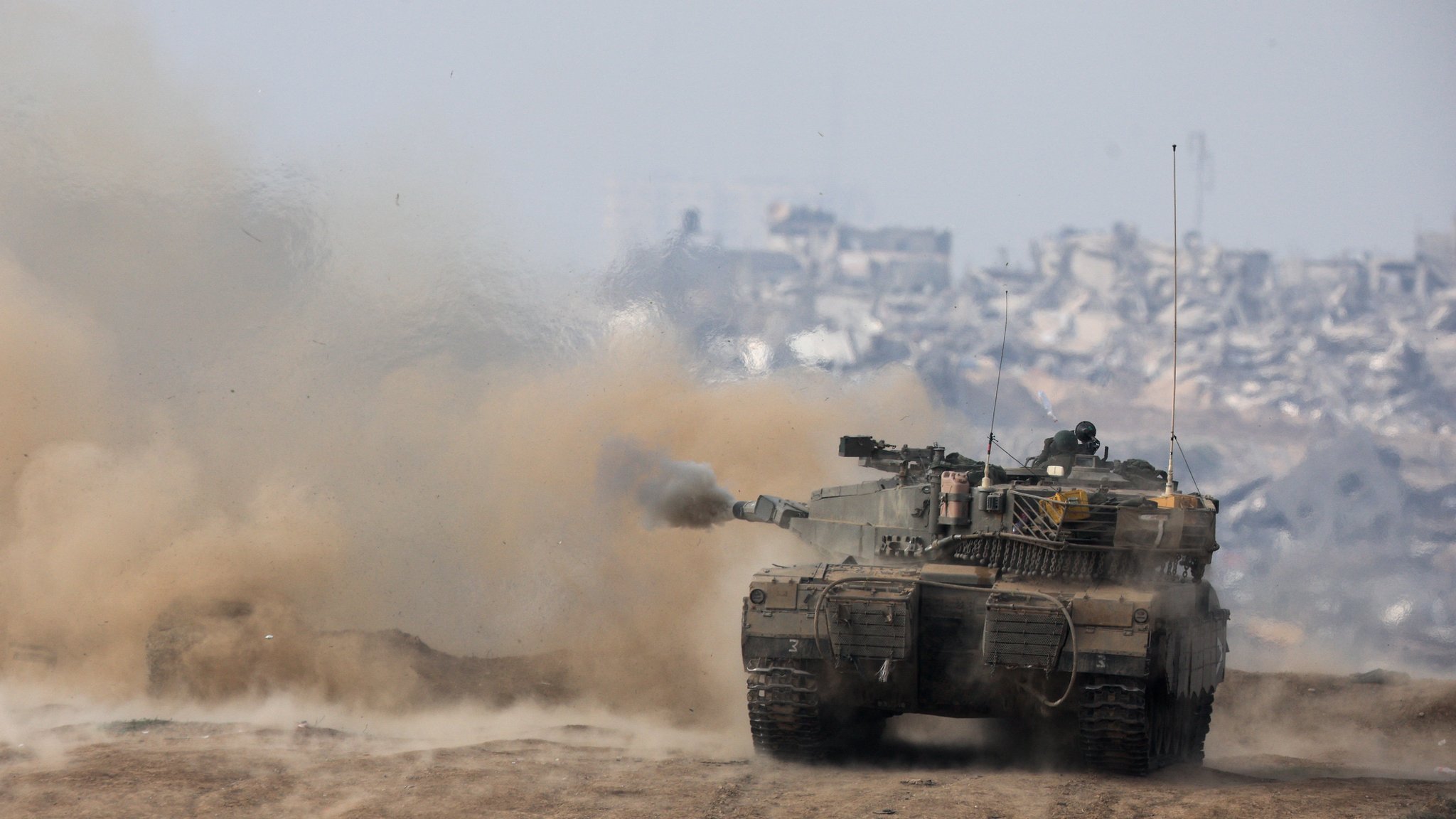
Israeli Officials Defend Military Operations
Katz stated that both he and Prime Minister Benjamin Netanyahu had ordered the military to “increase the intensity of operations to thwart terrorism” across all refugee camps in the West Bank. He further asserted that residents would not be allowed to return and that militant activity would not be permitted to re-emerge. Katz previously instructed the military to prepare for a prolonged presence in certain urban refugee camps, from which approximately 40,000 Palestinians have fled. He described these camps as being “emptied of residents.”
These camps house the descendants of Palestinians who were displaced during past wars with Israel. It remains unclear when, or if, those who have fled will be allowed to return. While Katz stated that Israeli forces would remain “for the coming year,” Netanyahu said troops would stay “as long as necessary.” The last deployment of Israeli tanks in the West Bank occurred in 2002, during a violent Palestinian uprising.
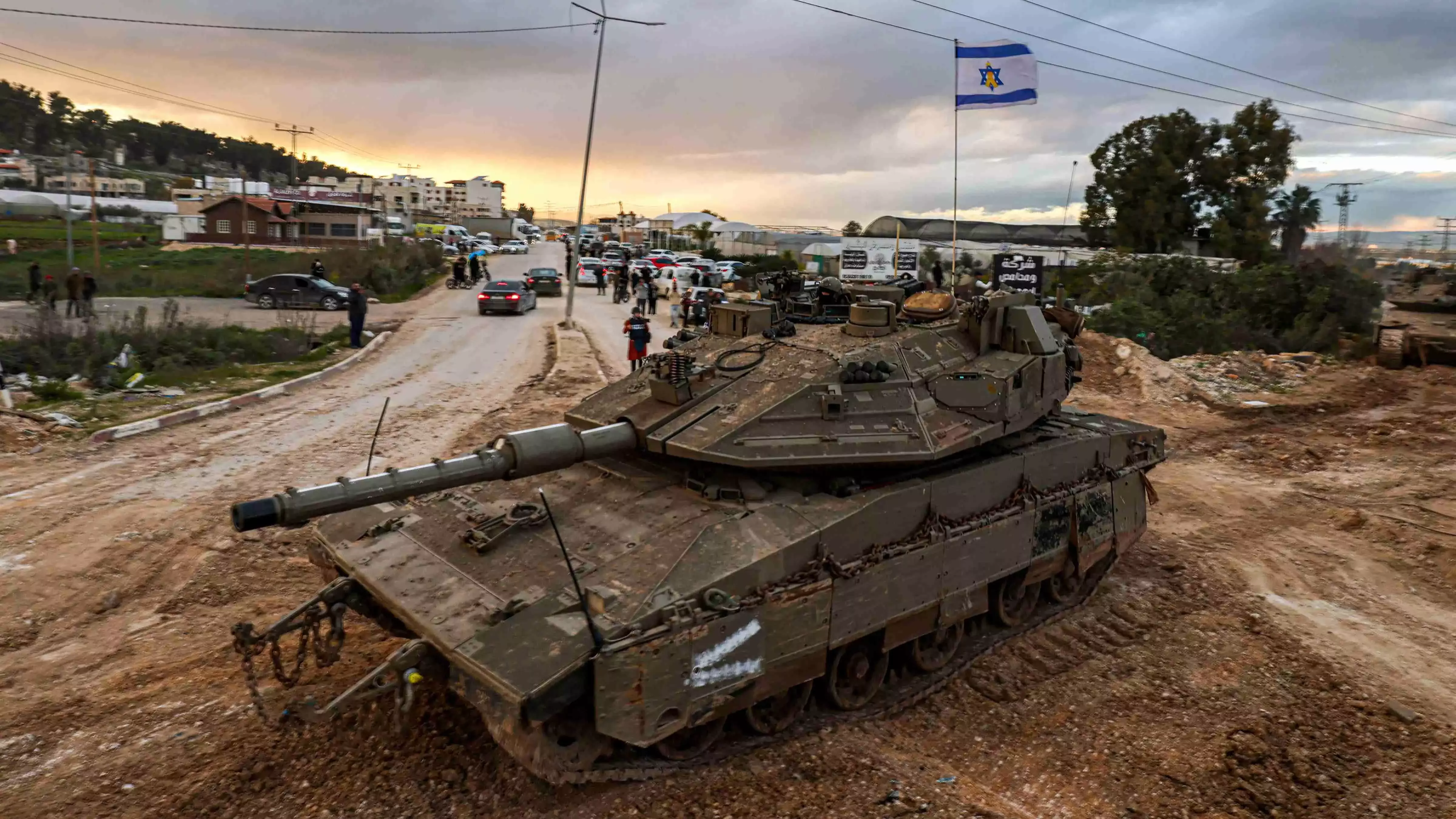
Palestinian Leaders Condemn Israeli Actions
The Palestinian Foreign Ministry described the Israeli offensive as “a dangerous escalation” and called on the international community to intervene against what it labelled as Israel’s illegal “aggression.” One displaced resident of Jenin, Mohamed al-Sadi, expressed determination to return, stating that the refugee camp belonged to the displaced and that there was nowhere else to go. With fighting in Gaza and Lebanon currently paused, Netanyahu has faced increasing pressure from his far-right coalition partners to crack down on militant activity in the West Bank. The United Nations has stated that this is the longest-running Israeli military operation in the West Bank since the early 2000s Palestinian uprising.
Under interim peace agreements from the 1990s, Israel retains control over large parts of the West Bank, while the Palestinian Authority administers others. Israeli forces frequently conduct raids in Palestinian-controlled areas but typically withdraw after completing their missions. Since the outbreak of war in Gaza on 7th October 2023—triggered by a Hamas attack on southern Israel—more than 800 Palestinians have been killed in the West Bank. Israel claims most of those killed were militants, though stone-throwing youths protesting Israeli raids and civilian bystanders have also been among the casualties. In the most recent raid, a pregnant Palestinian woman was killed. Jewish settlers have also carried out violent attacks on Palestinian communities in the territory. Meanwhile, there has been a rise in Palestinian attacks originating from the West Bank. On Thursday, explosions targeted three empty buses in Israel in what police suspect was a militant attack. Israel seized the West Bank, Gaza, and East Jerusalem during the 1967 Middle East war. Palestinians seek all three territories as part of a future independent state.
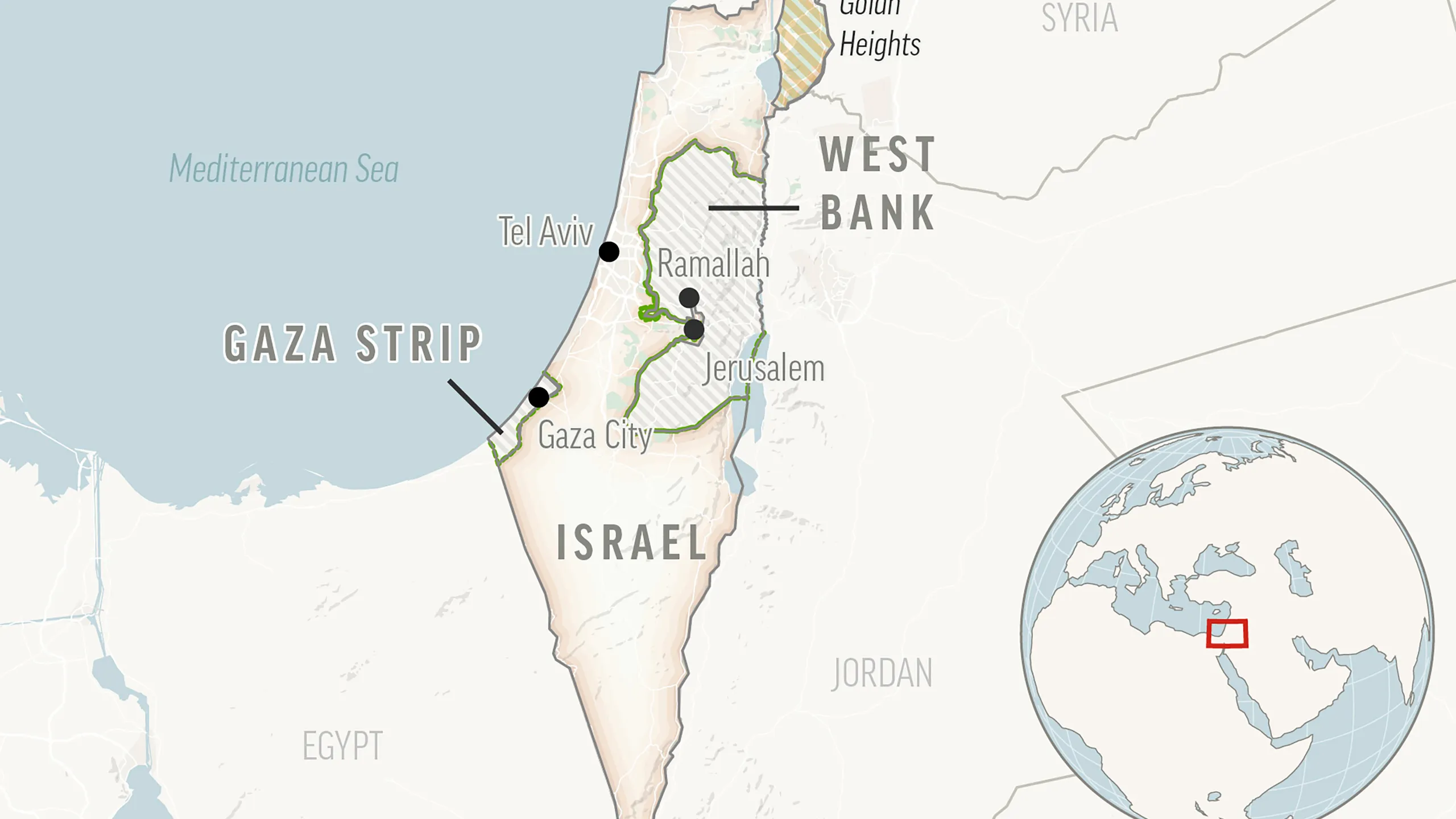
US Envoy to Seek Extended Ceasefire
The fragile ceasefire between Israel and Hamas in Gaza remains in place, but uncertainty persists. One week remains in the ceasefire’s initial phase, and no talks have yet been reported regarding a second phase. A collapse of the truce could lead to renewed fighting in Gaza, with Netanyahu claiming that 63 hostages remain in captivity—about half of whom are believed to be dead, including a soldier captured in 2014. Netanyahu stated on Sunday that Israeli forces were “ready to return to intense fighting at any moment,” as the military increased its “operational readiness” around Gaza.
US Special Envoy for the Middle East, Steve Witkoff, told CNN that he expected the ceasefire’s second phase to proceed, stating that securing an extension of the first phase remained a priority. He added that he would travel to the region in the coming days to negotiate, with scheduled visits to Qatar, Egypt, Israel, the United Arab Emirates, and Saudi Arabia. This version ensures the text remains in third person while maintaining clarity and a natural flow.
With inputs from agencies
Image Source: Multiple agencies
© Copyright 2024. All Rights Reserved Powered by Vygr Media.

